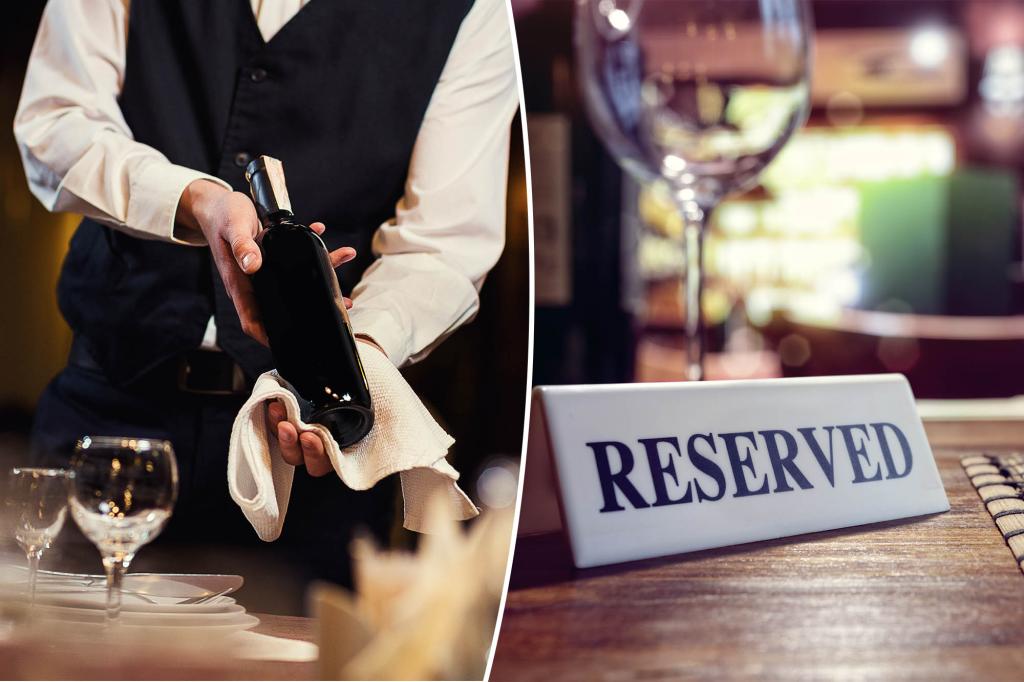Etiquette expert Elaine Swann shared insights on dining etiquette at high-end restaurants. She emphasized the importance of paying attention to restaurant staff and building rapport with waiters. Swann advised diners to communicate effectively with staff and find out their names to show respect. She also mentioned that arriving late to a reservation is disrespectful as the service is based on everyone being present at the same time.
Swann highlighted the importance of following the dress code at high-end restaurants. Underdressing can be seen as snobbish behavior, so she recommended checking the restaurant’s dress code before dining there. She advised patrons to look up the restaurant’s attire policy on their website or by calling ahead. Swann also suggested looking at photos of the restaurant to get a better idea of the dress code expectations.
In terms of tipping, Swann mentioned that leaving a 20% gratuity at minimum is a general rule of thumb when dining at restaurants. She stressed the importance of always leaving a tip, regardless of whether it’s a high-end establishment or a standard mom-and-pop restaurant. Swann emphasized that tipping is a way to show appreciation for the service provided and should be done at every dining experience.
Overall, Swann’s advice for dining etiquette at upscale restaurants includes paying attention to staff, following the dress code, arriving on time, and leaving an appropriate tip. She highlighted the importance of showing respect to restaurant staff and other patrons by following these guidelines. By being mindful of these etiquette tips, diners can ensure a more enjoyable and respectful dining experience at high-end eateries.
It’s important for diners to be mindful of their behavior and actions when dining at upscale restaurants. Swann’s tips can help patrons navigate the sometimes unfamiliar territory of high-end dining and ensure they have a pleasant experience. By paying attention to etiquette and following general guidelines, diners can show respect for the restaurant staff, other patrons, and the establishment itself.
Being aware of common mistakes, such as overlooking the importance of interacting with staff, underdressing, arriving late, or not leaving an appropriate tip, can help diners avoid social faux pas and ensure a positive dining experience. Swann’s advice serves as a reminder that dining etiquette is not just about knowing which fork to use but also about showing respect and consideration for others in the dining setting. By following these etiquette tips, diners can demonstrate their appreciation for the dining experience and make a positive impression on others.


